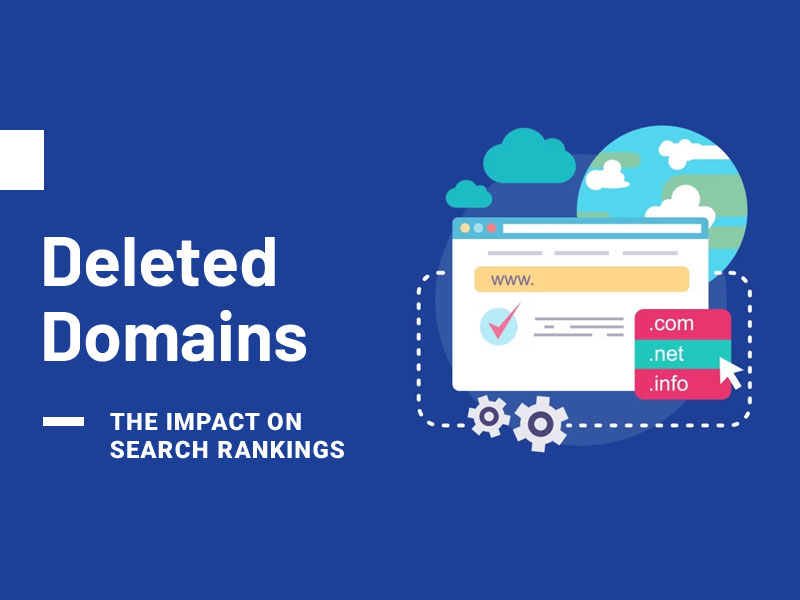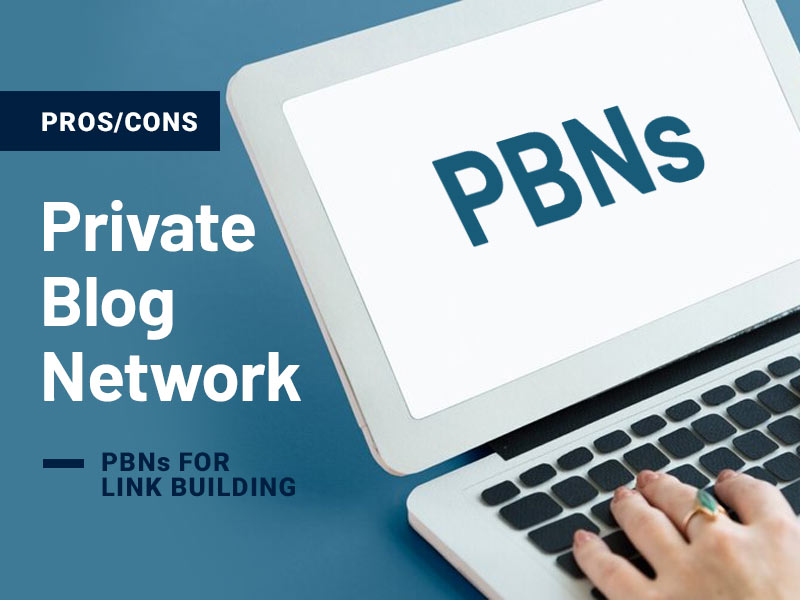Domain names have an unsurpassable significance when it comes to search engine optimization. They represent one of the key tools needed for effective web presence management and visibility online, whether or not an SEO campaign has taken place. According to statistics, there are over 351.5 million domain names at the moment.
Websites, much like living entities, undergo changes over time; domains may even be deleted for various reasons and abandoned altogether, which could have far-reaching ramifications on search rankings, visibility, and accessibility for users.
This article delves deep into the challenges and strategies related to deleted domains that impact SEO, exploring their effects and providing strategies on how best to deal with their deletions and subsequent impacts on search rankings.
The Dynamics of Deleted Domains
When a domain is deleted or abandoned, it loses its active status on the internet. This could be a deliberate decision by the website owner, a result of expiration, or due to unforeseen circumstances. From an SEO perspective, the repercussions are intricate. Search engines, notably Google, have to reassess the relevance and authority of the content linked to that domain. This process introduces volatility into the SEO equation, as search algorithms attempt to adapt to the shifting digital landscape.
Furthermore, in the realm of SEO, monitoring changes related to deleted domains has advanced with the use of APIs. These tools allow users to track domain status in real-time, providing immediate updates on deletions, expirations, and changes. By utilizing APIs, website owners and SEO companies can respond promptly to alterations in their digital landscape, adapting their strategies to mitigate the impact of deleted domains. This intersection of technology and SEO showcases the significance of APIs as valuable resources for navigating the complexities introduced by the ever-evolving digital ecosystem.
The Void in Link Equity
One of the immediate consequences of a deleted domain is the loss of link equity. Link equity, or link juice, represents the authority passed from one page to another through hyperlinks. When a domain is deleted, the web of connections it once had dissolves, creating a void in link equity.
This can be particularly detrimental for websites that rely on the deleted domain for valuable backlinks. The sudden disappearance of these links can lead to a decline in the affected site’s search rankings, as the web of trust that search engines associate with those links dissipates.
404 Errors and User Experience
Removing domains typically leads to 404 error pages that tell visitors their desired page cannot be found; these errors can be particularly distressful and increase bounce rates significantly.
Search engines take user experience into consideration when ranking search results, so sudden spikes of 404 errors due to deleted domains could indicate to search engines that the website may not be effectively maintained or its content untrustworthy, potentially hampering its SEO performance.

Reclaiming and Redirecting Domains
In some cases, website owners may choose to reclaim or redirect a deleted domain. Reclaiming involves reinstating the domain with its original content, while redirection involves forwarding the deleted domain’s traffic to another active domain.
The impact on SEO depends on the strategy employed. If the reclaimed domain maintains its relevance and authority, it can regain its previous SEO standing over time. However, improper redirection can lead to confusion for search engines and users alike, potentially harming the overall SEO performance of the website.
Mitigating the Impact through Proper Handling
Mitigating the impact of deleted domains on SEO requires a strategic and proactive approach. Website owners can start by implementing 301 redirects for deleted domains, directing traffic to relevant and active pages on their primary domain. This helps to preserve the link equity associated with the deleted domain and maintains a seamless user experience.
Additionally, promptly updating internal and external links to reflect the changes can prevent the accumulation of 404 errors and signal to search engines that the website is well-maintained.
Bottom Line
In the intricate dance of SEO, the deletion of domains introduces a complex set of challenges. The void in link equity, the emergence of 404 errors, and the strategic decisions around reclaiming or redirecting domains all contribute to the dynamic nature of search rankings. Navigating this landscape requires a nuanced understanding of the interplay between deleted domains and SEO.
As website owners strive to protect and enhance their search rankings, managing the repercussions of deleted domains is becoming ever more crucial. Redirects, link equity preservation, and user experience all play an integral part in lessening the effect of domain deletions, while staying abreast with changes to the online ecosystem is integral for maintaining visibility and relevance among websites in an ever-evolving digital era like this one.







